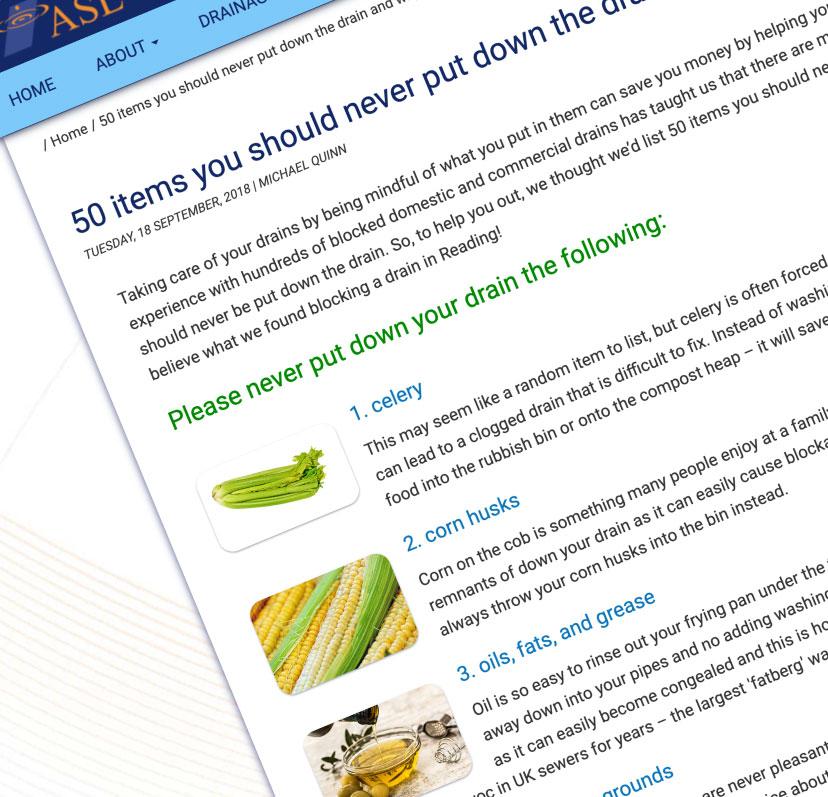How Improper Waste Management can lead to river pollution
Here's a more detailed breakdown of No2. of the top three links between households and river pollution:

a) Littering and Improper Disposal:
When households do not dispose of solid waste properly, it can end up in rivers. Littering, particularly in urban areas, can result in plastic bags, bottles, packaging materials, and other debris being carried into rivers by stormwater runoff. Additionally, if waste collection and disposal systems are inadequate or inaccessible, some individuals may resort to illegal dumping or improper disposal, leading to waste accumulation in waterways.
b) Improper Disposal of Hazardous Materials:
Household hazardous materials, such as batteries, paints, solvents, and electronics, require special handling and disposal methods. When these materials are thrown into regular trash bins or dumped down drains, they can contaminate water sources. Chemicals from improperly disposed electronics, for example, can leach into groundwater and subsequently reach rivers, posing risks to aquatic ecosystems.
c) Yard and Garden Care Practices:
Household activities related to yard and garden care can also contribute to river pollution. Improper use of fertilizers and pesticides, including excessive application or application before rain events, can result in runoff carrying these chemicals into rivers. This runoff can cause nutrient imbalances, algal blooms, and harm to aquatic organisms.
By addressing these specific aspects within each link, it becomes clearer how household practices and behaviours can impact river pollution and provides a basis for adopting more sustainable approaches to minimize these effects.
For a more detailed explanation of the three links from households to pollution go to our previous and next blog articles:
How Wastewater Discharge can lead to river pollution.
How Chemical Usage and Runoff can lead to river pollution.
You can also read our blog article entitled:
50 items you should never put down the drain and why.

